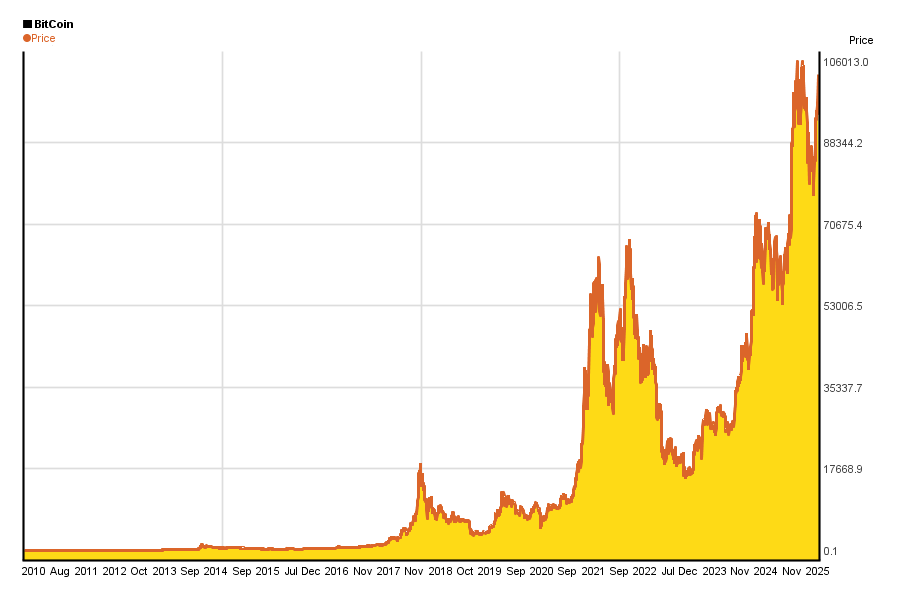Cryptocurrency wallet
In comparison, for example, the average transaction speed for Bitcoin is at least 10 minutes. Now compare that with Solana, a crypto platform that uses the proof-of-stake mechanism, which averages around 3,000 transactions per second (TPS), making it much faster than the sluggish Bitcoin blockchain https://julienrighisculpture.com/.
In October 2021, financial services company Mastercard announced it is working with digital asset manager Bakkt on a platform that would allow any bank or merchant on the Mastercard network to offer cryptocurrency services.
Cryptocurrency is available as coins or tokens. The difference between them is that tokens are assets that exist on a blockchain, while coins can be virtual, digital, or tangible. Coins are more like traditional money; a digital coin has its own blockchain. Conversely, a token is created on an existing blockchain and can be used as currency or to represent asset ownership.
The rewards paid to miners increase the supply of the cryptocurrency. By making sure that verifying transactions is a costly business, the integrity of the network can be preserved as long as benevolent nodes control a majority of computing power. The verification algorithm requires a lot of processing power, and thus electricity, in order to make verification costly enough to accurately validate the public blockchain. Not only do miners have to factor in the costs associated with expensive equipment necessary to stand a chance of solving a hash problem, they must further consider the significant amount of electrical power in search of the solution. Generally, the block rewards outweigh electricity and equipment costs, but this may not always be the case.

Bitcoin cryptocurrency
In November 2016, the Swiss Railway operator SBB (CFF) upgraded all their automated ticket machines so that bitcoin could be bought from them using the scanner on the ticket machine to scan the bitcoin address on a phone app.
A hot wallet (also called an online wallet) is held by an exchange or a provider in the cloud. Providers of online wallets include Exodus, Electrum and Mycelium. A cold wallet (or mobile wallet) is an offline device used to store Bitcoin and is not connected to the Internet. Some mobile wallet options include Trezor and Ledger.
Bitcoin’s total supply is capped at 21 million coins. This hard limit was set in the original Bitcoin code created by its pseudonymous creator, Satoshi Nakamoto. The number of Bitcoin in circulation is increasing over time as more miners join the network and more new coins are created. Read more: .css-1qj55em .css-1qj55em:hover,.css-1qj55em .css-1qj55em:focus-visible,.css-1qj55em

In November 2016, the Swiss Railway operator SBB (CFF) upgraded all their automated ticket machines so that bitcoin could be bought from them using the scanner on the ticket machine to scan the bitcoin address on a phone app.
A hot wallet (also called an online wallet) is held by an exchange or a provider in the cloud. Providers of online wallets include Exodus, Electrum and Mycelium. A cold wallet (or mobile wallet) is an offline device used to store Bitcoin and is not connected to the Internet. Some mobile wallet options include Trezor and Ledger.
Cryptocurrency list
Developed to help power decentralized finance (DeFi) uses, decentralized apps (DApps) and smart contracts, Solana runs on a unique hybrid proof-of-stake and proof-of-history mechanisms to process transactions quickly and securely. SOL, Solana’s native token, powers the platform.
Because it isn’t the only cryptocurrency available, looking into others and finding out which ones besides Bitcoin are doing well is essential. Here are some alternative cryptocurrencies that have held on throughout the steep price climbs and nosedives.
We were only able to list 10 altcoins above, but there are many other important cryptocurrencies out there, and they jockey for position over time in terms of user bases, market value, and influence. Some other important cryptocurrencies include (as of October 2024) but are not limited to:
To calculate the market cap of a cryptocurrency, you need to multiply the current market price of the coin by the total number of coins that are in circulation. For example, if a cryptocurrency has 10 million coins in circulation and the current market price is $10 per coin, then its market cap would be $100 million.